2018 APA Conference in ShanghaiShanghai, China, 11-14 July 2018
The 4th Asian Population Association (APA) Conference took place in Shanghai, China from 11 to 14 July at the Shanghai University Baoshan campus and nearby Baoshan Conference Center. The Conference, which is held once every 4 years, was an occasion to meet with IUSSP members based in Asia and forge contacts with demographic institutions in China, hear the latest research on demographic trends in Asia, and explore Shanghai, a center of finance and trade and one of China’s largest cities with over 25 million inhabitants. The IUSSP set up a booth, organized a pre-conference workshop and a special IUSSP session, and participated in several other sessions during the Conference.

The APA conference brought together 426 international participants from 34 countries and 125 Chinese participants from academic institutions, government agencies, NGOs and private sectors. The regular conference sessions, posters and exhibits took place on Shanghai University’s Baoshan campus in its new east wing buildings, while the opening and closing ceremony and plenaries took place at the Baoshan Conference Center.
The Conference opened on Wednesday 11 July with an opening plenary that featured two key note addresses by prominent IUSSP members. The first keynote address was given by the 2009 IUSSP Laureate Jane Menken (Institute of Behavioral Science (IBS) University of Colorado Boulder), who reminded population researchers to consider the long-term consequences of population change for human wellbeing in her talk “Thirty-Five Years Later: Long-term effects of the Matlab Maternal and Child Health and Family Planning Program”. In “The Transition to Adulthood in Asia: Keeping the Promises of the Sustainable Development Goals (SDGs) for adolescents and youth”, IUSSP Vice President Shireen Jejeebhoy examined the degree to which Asian countries were assuring a successful transition to adulthood for the region’s youth.
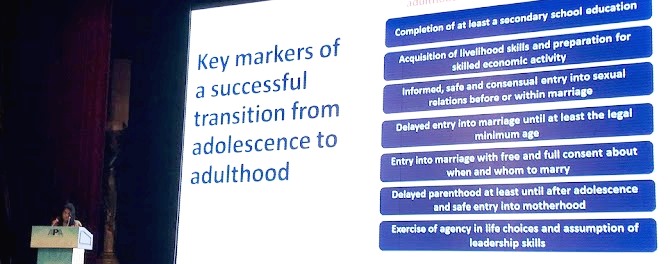
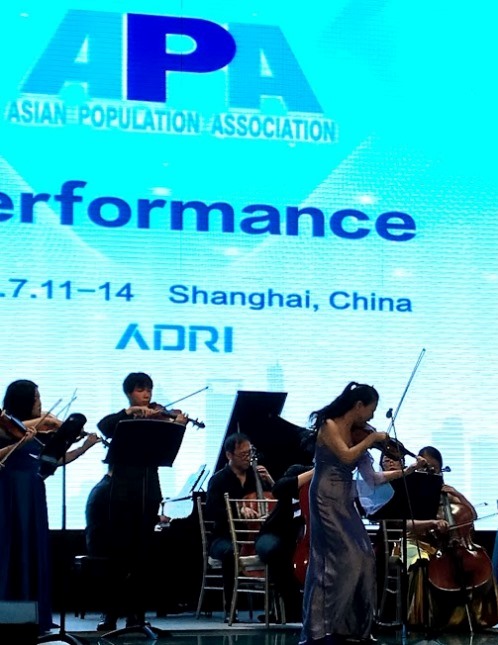
During the week, participants could select from a broad range of topics covered in 81 scientific sessions, daily poster sessions, special workshops or a visit to the booths in the exhibit area, which in addition to the IUSSP, included representatives from UNFPA, IPUMs Center for Data Integration, the Australian National University, the Asian MetaCentre (Singapore), and the Institute for Population and Social Research at the University of Mahidol, as well as representatives of several population research centers in China.
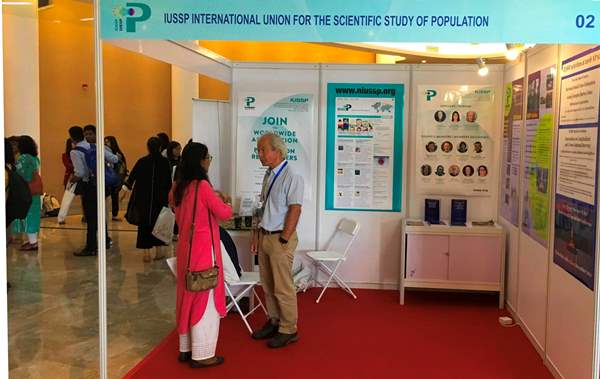
The Conference ended on Saturday 14 July with a closing plenary session which featured 4 keynotes focusing mostly on Asia. K.C. Samir (ADRI, Shanghai University), presenting on behalf of Wolfgang Lutz, compared country investments in education and human capital within Asia, demonstrating how these investments, which were particularly strong in China, would make the 21st Century an Asian century. In “The Growing Indian Middle Class and Family Change in India”, Sonalde Desai (University of Maryland & NCAER, India), sought to reconcile the seemingly contradictory trends in India whereby women’s enrollment in school has increased and fertility has fallen, while women’s employment has declined and arranged marriages persist, arguing that demographers need to rethink demographic theory’s emphasis on the relationship between wealth and modernity and explore more closely the nexus between economic and social mobility in societies marked by returns to religious fundamentalism.
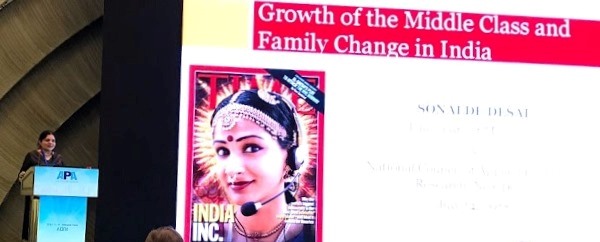
XiZhe Peng, Fudan University, brought attention to the challenges China faces with a rapidly ageing population and explored new ideas and innovations for addressing an ageing society in “What China Can Learn From Other Asian Countries And Regions In Coping With Aging”. The final key note speaker, Zolt Speder (Hungarian Demographic Research Institute), President of the European Association for Population Studies, shifted attention from Asia to Europe, exploring a topic that is also of concern for many in Asia –low fertility – in “Fertility intentions and realization in a comparative perspective: drivers and divides in low fertility context”. The conference ended with the General Assembly of the Asian Population Association, leaving Saturday afternoon open for site seeing in Shanghai.
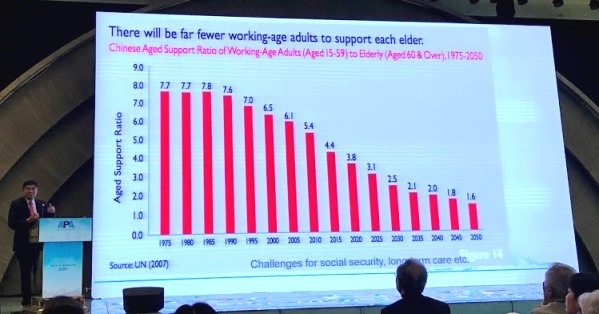
Summaries of the key note addresses and biographies of key note speakers are available here.
APA Conference information is available here.
For more information on IUSSP events organized at the Conference click on the following articles:
The 4th Asia Population Association Conference was made possible with the financial support from Shanghai University and the participation of the Asian Demographic Research Institute (ADRI) at Shanghai University, the China Population Association, Shanghai Population Association, China Population and Development Research Center, Fudan University, East China Normal University, Shanghai Academy of Social Science, and Shanghai Academy. |
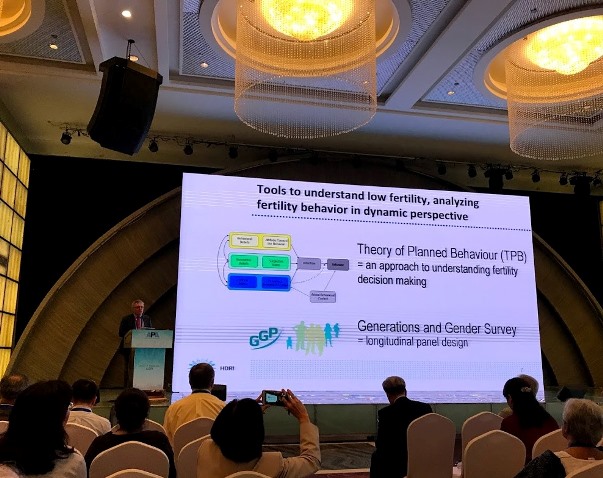
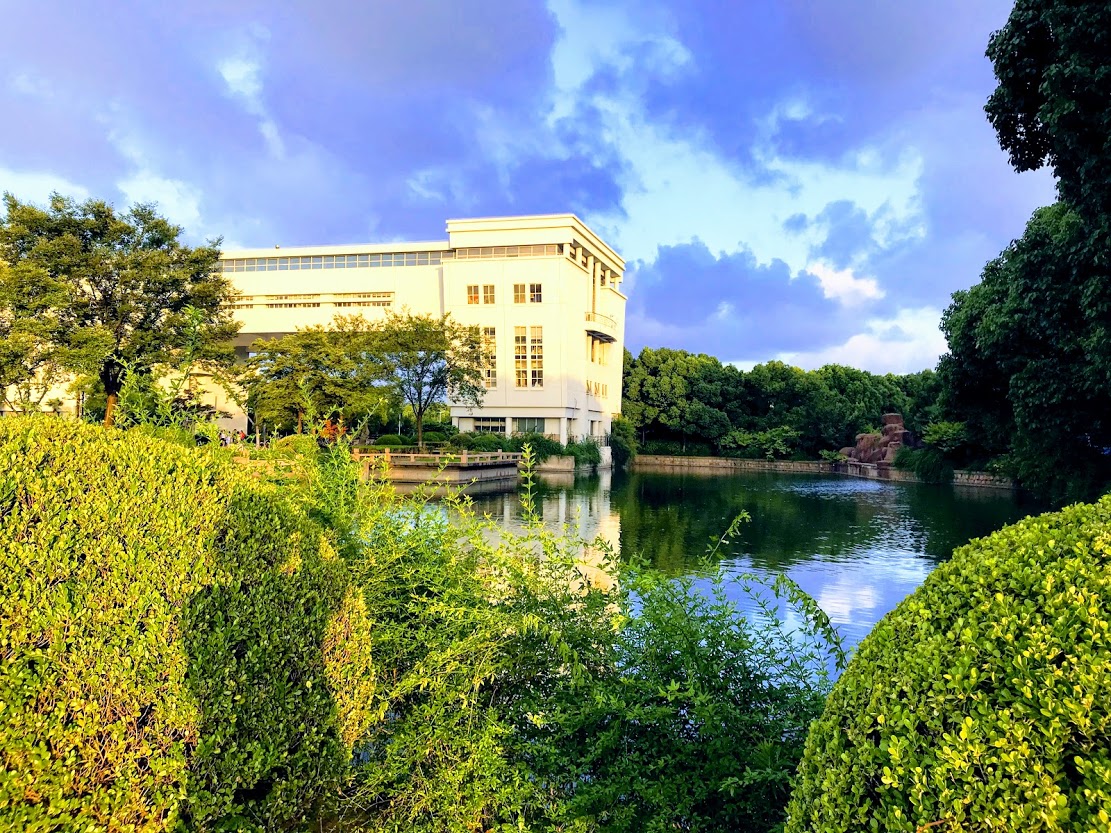
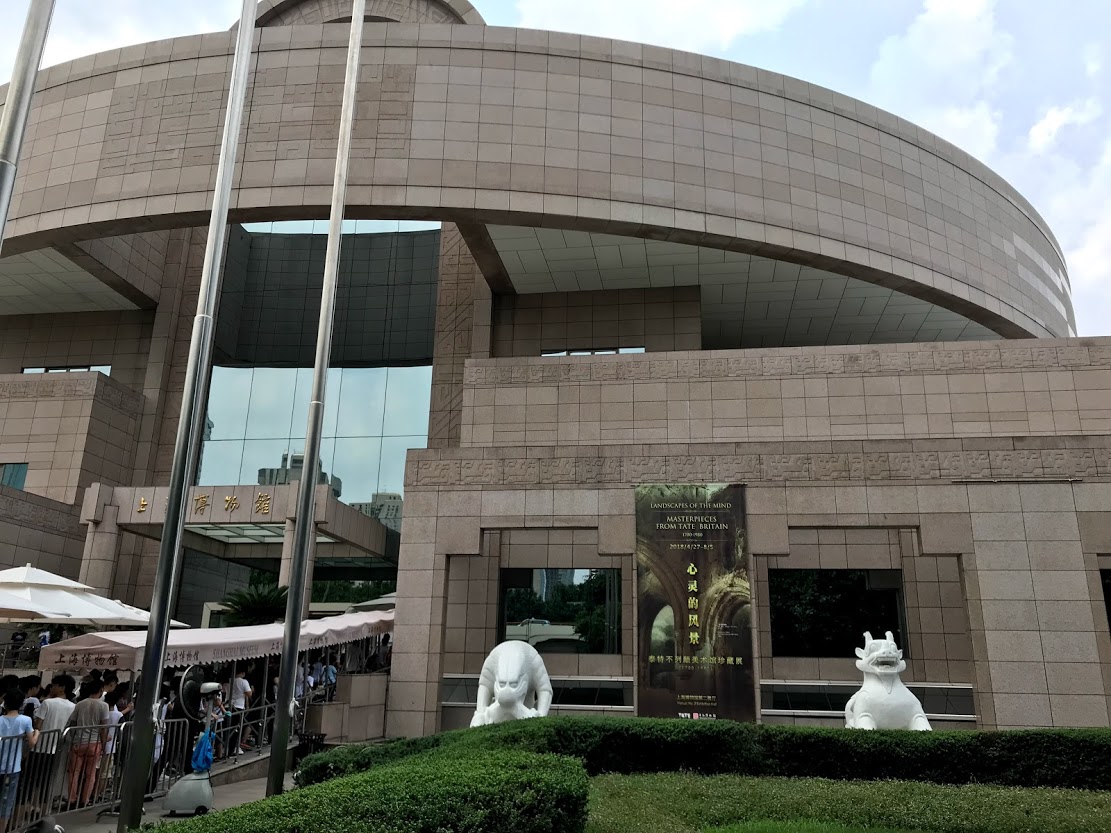
|
